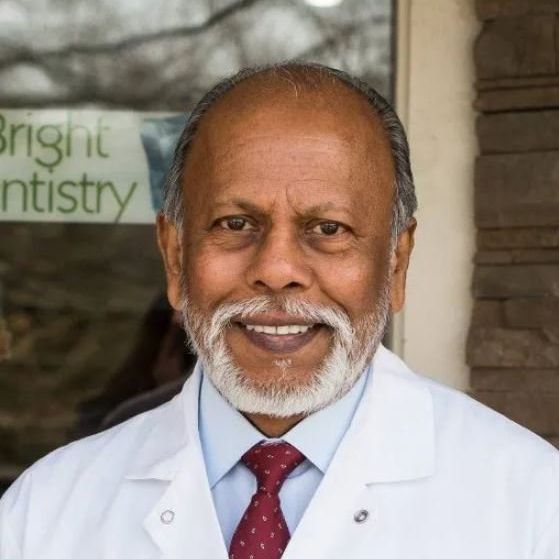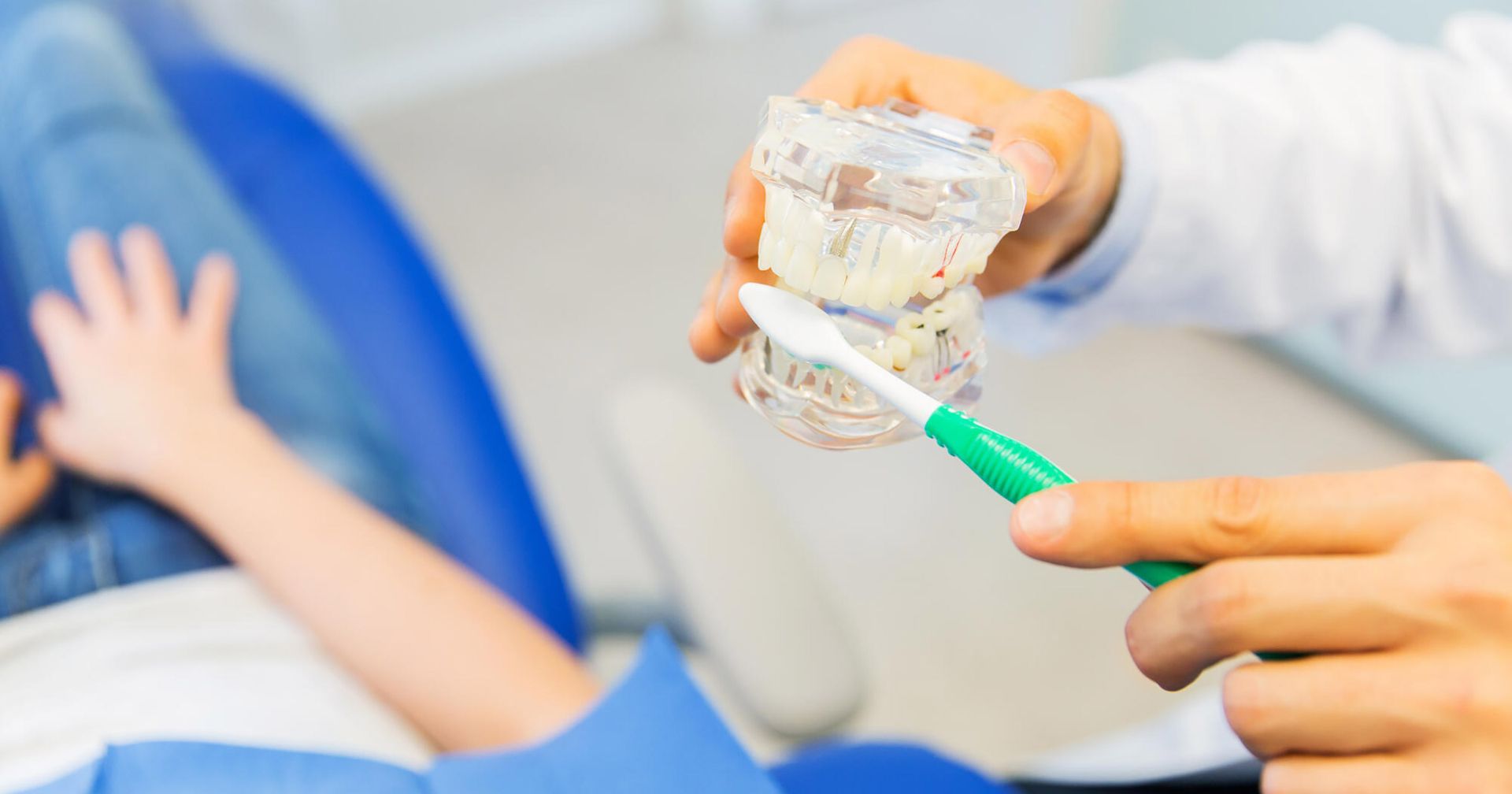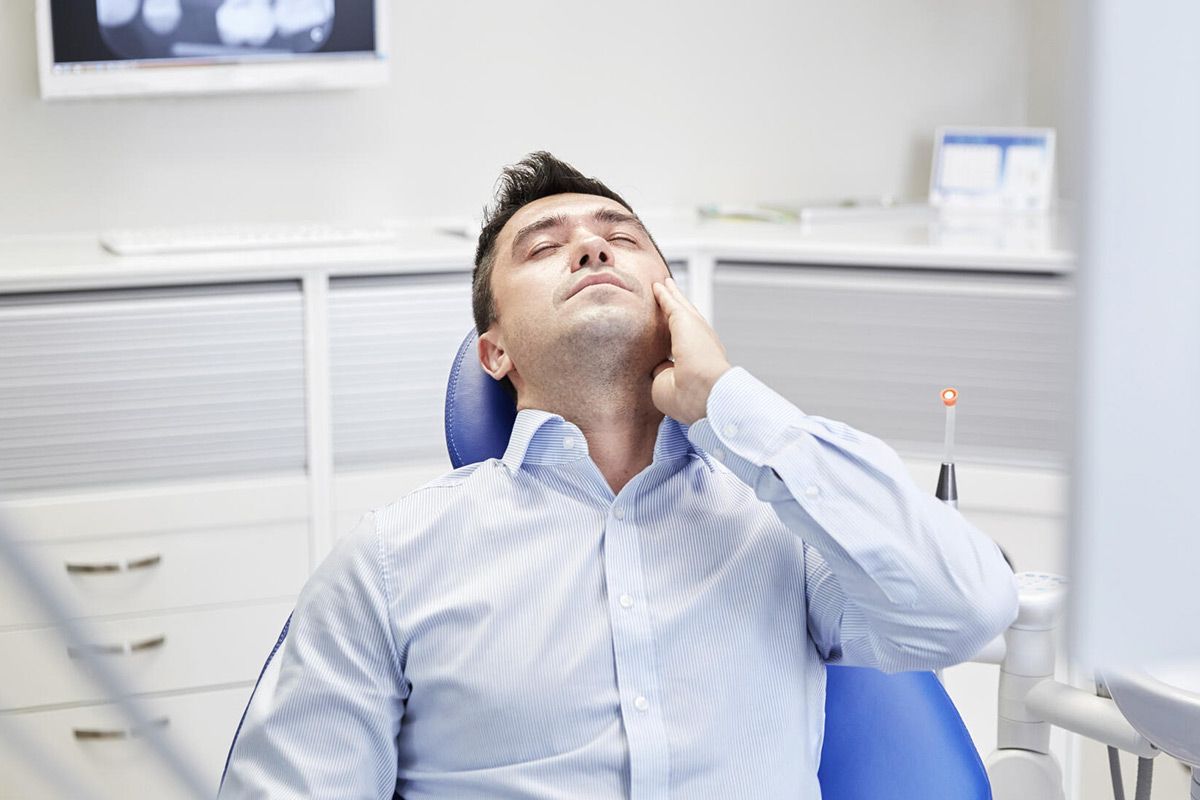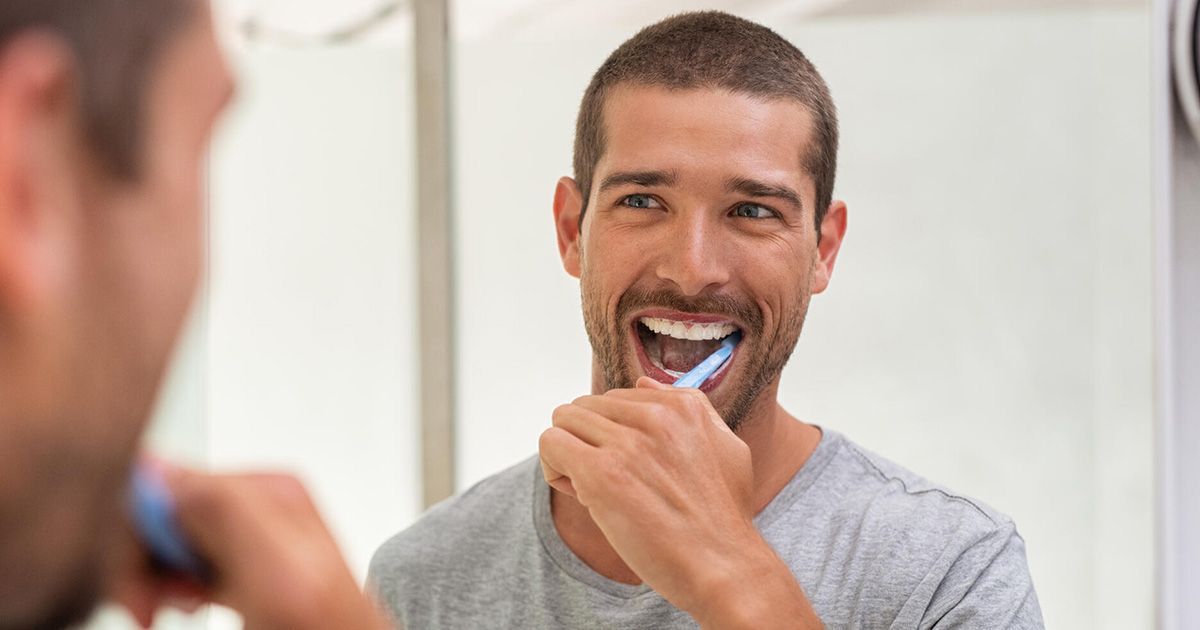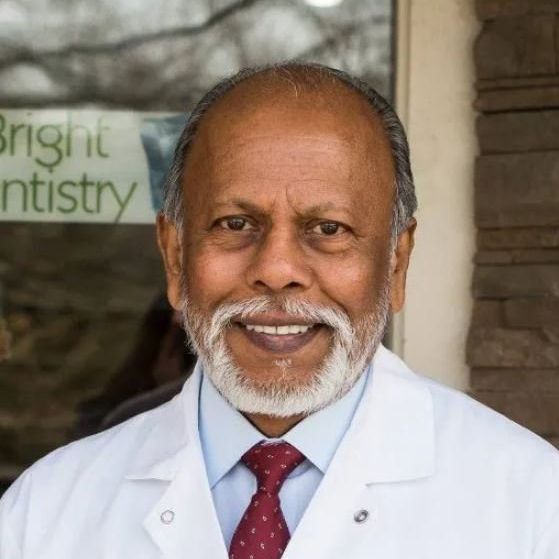Failed Root Canal Symptoms: 5 Signs You Shouldn't Ignore
Don't let failed root canal symptoms go unnoticed. Detect the signs early to ensure timely treatment and prevent complications.
The worst is behind you: you've overcome any dental anxiety, gone through a root canal procedure, and you're well on your way to healing.
That's when you notice an odd detail in your new smile. Maybe there's a strange little bubble under your tooth, or maybe the initial swelling hasn't gone away. What gives?
Root canals are safe procedures, but they don't always work as intended. If enough bacteria escape treatment, it can wreak havoc on your smile!
That's why knowing the failed root canal symptoms is crucial if you want to maintain your oral health. Let's take a look at some of the biggest signs that something has gone wrong after your dental procedure.
Tooth Pain
Pain and sensitivity should always be the biggest red flags, as they can indicate you're dealing with unwanted complications.
However, how can you tell if your tooth pain is a normal part of the root canal recovery process? When you should worry?
Pain and Discomfort
Once the anesthesia wears off after your procedure, it's normal to feel a small amount of pain or discomfort.
Most patients find their symptoms easy to manage with over-the-counter painkillers. If your dentist has concerns about bleeding, they may recommend acetaminophen (Tylenol), which doesn't thin the blood. They may also prescribe painkillers for certain root canal procedures.
Regardless, you can expect your pain to fade with time, and most patients feel back to normal within three days or so.
If your pain does not fade during this time, checking in with your dentist's office is a smart move. You should also contact them if your pain is getting more severe, not less, as the days pass. Based on your symptoms, your dentist can help you figure out whether you need extra treatment.
Sensitivity
Tooth sensitivity can fall under the umbrella of pain as well. Because a root canal procedure can irritate the soft tissues around your tooth, the area may feel extra sensitive in the days after.
Again, this is normal. You can expect this increased sensitivity to last for anywhere from one to three days after the procedure.
However, if you notice that your sensitivity is getting worse over time, especially if it comes with increased pain, contact your dentist right away.
Inflammation
Like pain, persistent inflammation is a bad sign after a root canal.
Inflammation is one of the body's best defense mechanisms. It's often a reaction to damage, harmful stimuli, or infections. As your body sends extra chemicals to the white blood cells that protect you, redness and swelling may occur.
After a root canal, you will likely notice a bit of swelling. Because the soft tissue around your tooth gets damaged during the procedure, inflammation can happen while your body makes repairs.
This is normal, and it should go away after a few days. Inflammation can sometimes happen with little to no pain, especially if you're on top of your pain medications. You might also notice slight bleeding or oozing within the first 24 hours after your procedure, which is fine.
However, if the swelling and redness last for longer than expected, contact a dental professional. This may be a sign that infection has taken root. An even bigger red flag is swelling that spreads to the face, jaw, or neck, which can signal a more serious infection.
Fever and Warmth
Even if they don't cause pain or inflammation, infections can cause other symptoms.
If your root canal has failed, you may notice warmth in the area around the affected tooth. Any abnormal heat, especially if it spreads to the jaw or face, is a bad sign.
Fevers are another infection symptom to keep in mind. If you feel warm and shaky, or if your temperature climbs
above 100.4 degrees Fahrenheit, contact your dentist's office in Brewster right away. Your fever may also come with symptoms like fatigue, sweating, or chills.
Pimples or Boils
Sometimes, you'll notice a small pimple or boil on the gum tissue near your root canal. This may look and feel a little strange, and it may occur with or without pain.
This pus-filled pimple is something called a dental abscess. It happens when bacteria gather inside the dental pulp and spread down to the tooth root, causing swelling. In fact, abscesses are often signs that you need a root canal in the first place!
If you've noticed an abscess forming after your root canal, it means the bacteria that attacked your tooth may not be completely gone.
This is unfortunate, but it happens sometimes for a simple reason: the disinfecting agent your dentist uses isn't perfect. Like most disinfectants, these products kill 99.9% of germs, but occasional bacteria may sneak through. There's no way for your dentist to test for remaining bacteria; all they can do is trust that the disinfectant worked.
Any surviving bacteria can cause an infection by repopulating the area around your tooth, causing a boil to form.
Sometimes, abscesses can rupture over time. Patients may believe they have a leaking root canal, but it's just bacteria draining away.
Keep in mind that the bacteria won't disappear even if the boil ruptures. Even if your pain fades, you'll still have an infection, and the leaking abscess may spread it to other areas around your mouth and sinuses. Contact an emergency dentist in Brewster: infections are no joke!
Know the Failed Root Canal Symptoms
Root canals are safe and effective ways to get rid of painful tooth infections, but like any dental procedure, there's always a slight risk of complications. Knowing the failed root canal symptoms allows you to get help fast if anything goes wrong. With proper treatment from an experienced dentist, you can banish infection and get a pain-free smile in no time.
Whether you're seeking treatment for a deep cavity or you need to fix a previous failed root canal, the experts at Putnam Bright Smile Dentistry can help. We always welcome new patients, emergencies, second opinions, and even anxious patients for our
root canal treatments. Call us at (845) 279-7177 or request an appointment online today.
Dr. Rohit Z Patel
D.D.S
After graduating at the top of his class, Dr. Patel continued his postgraduate studies in endodontics at Columbia University College of Dental Medicine in New York. He was appointed to assistant clinical professor of dentistry at Columbia University and later moved on to teach at the Montefiore Medical Center’s Department of Dentistry. Westchester Magazine recognized Dr. Patel as a “Top Dentist for 2012.”
Dr. Arpita Patel
D.D.S
Dr. Arpita S. Patel graduated with a DDS degree from the university College of Dentistry in 2015. Dr. Patel is experienced with an array of restorative dentistry procedures, including dental implants and many other treatments that can improve dental health, function, and appearance.
Dr. Yung Kim
D.D.S
Dr. Yung Kim is a double board certified Periodontist and board certified Prosthodontist, educated to treat many extremely complex disorders involving gum disease, tooth decay, and oral pathology. His focus is on full-mouth, complex, surgical, and reconstructive dentistry. He has extensive knowledge of implant dentistry and advanced surgical procedures, specializing in teeth in a day and All-on-Four implants. He is also Invisalign certified and experienced with CAD/CAM restorations and dentures.
Dr.Santvana Vyas
D.D.S
Dr Vyas attended NYU College of Dentistry and earned DDS in 2016 at the top of her class. She was inducted into Omicron Kappa Upsilon (OKU), the national dental honor society and earned Outstanding Achievement Award in study of Prosthodontics.
Dr Vyas is an active member of American College of Prosthodontics (ACP) and American Dental Association (ADA). She is appointed as a Clinical Assistant Professor at NYU College of Dentistry. She is married and is blessed with two sons.



